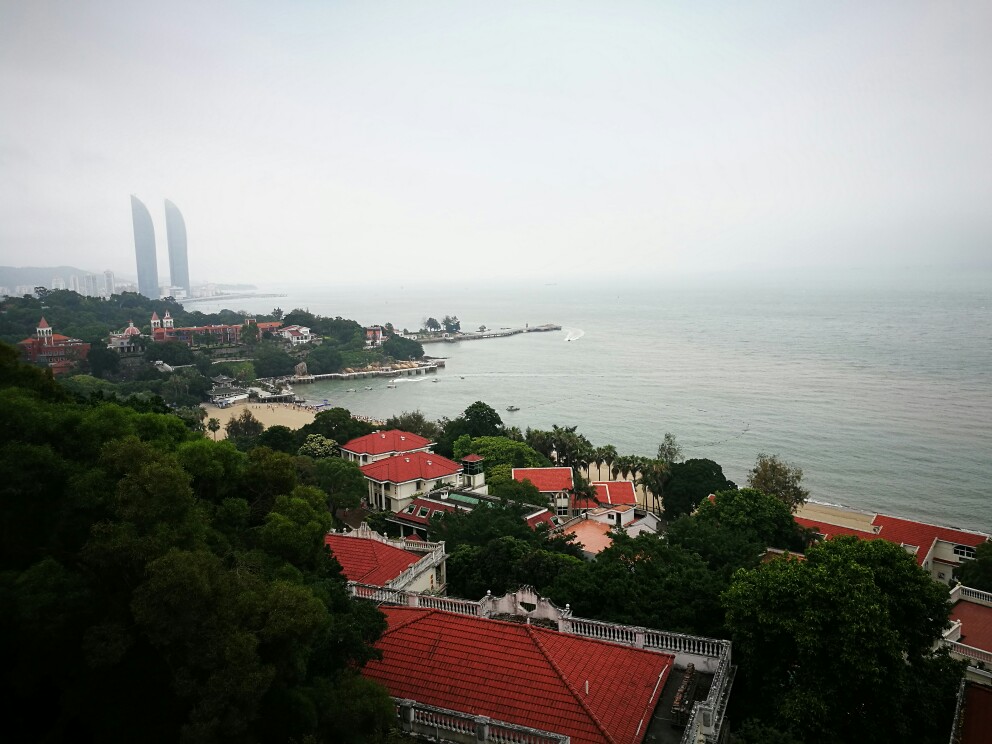Landscape

天地有大美而不言,四时有明法而不议,万物有成理而不说
The universe is very beautiful, yet it says nothing. The four seasons abide by a fixed law, yet they are not heard. All creation is based upon absolute principles, yet nothing speaks.
The proverb means that all things in the world operate according to their own laws.
上山容易下山难
It is easy to go up a hill, but difficult to go down.
The proverb metaphorically means that it is easier to get into a situation than to escape it.
水出于山而入于海,稼生于田而藏于仓
Water emerges from the mountains but flows into the sea; crops are born in the field but are stored in the granaries.
The proverb indicates that men should comply with natural laws.
美不美,乡中水;亲不亲,故乡人
Sweet or not, it’s water from home; whether related to me or not, they are from my home.
The proverb means that people are always attached to their home town and kinsfolk.
茂林之下无丰草,大块之间无美苗
In dense woods there is no luxuriant grass, and on the vast uncultivated land there are no good seedlings.
The proverb suggests that one cannot advance amply without appropriate surroundings.
桃花潭水深千尺,不及汪伦送我情
The Taohuatan water is a thousand feet in depth; but it’s not as deep as Wang Lun’s thoughts for me.
The proverb originally comes from a poem written by Tang poet Li Bai to his friend Wang Lun. It is frequently used in reference to true friendship.
